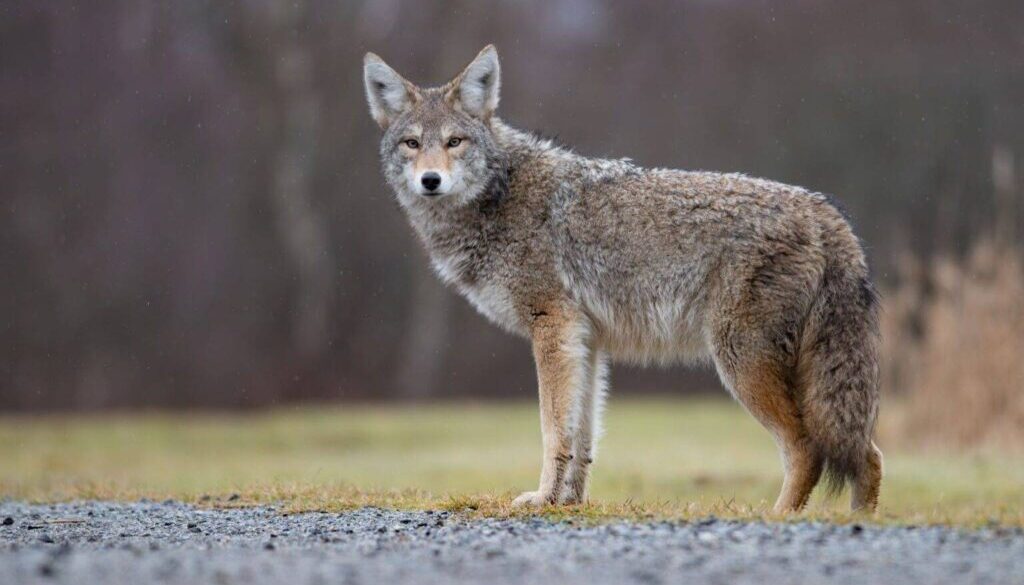Coyote from Uwharrie National Forest tests positive for rabies
Attack creates concern in Uwharrie National Forest
The U.S. Forest Service is warning visitors to be on alert following coyote attacks on a trail in the Uwharrie National Forest with the animal testing positive for rabies.
Montgomery County Animal Services confirmed late last week that the coyote responsible for recent attacks had the rabies virus.
“Recent months have witnessed a notable rise in confirmed and suspected cases of rabies in both wild and domestic animals, particularly in the western portions of our county,” according to Montgomery County Animal Services.
Adam Rondeau of the U.S. Forest Service said Monday that Montgomery County officials are directly handling this case, which stemmed from that county. The Uwharrie National Forest also includes land in Randolph and Davidson counties.
Of concern to officials is that the increased interaction between humans and domestic animals heightens the risk of transmission and consequent health effects.
In what is being called an isolated incident in late April, two individuals received minor injuries after being attacked by a coyote on the Uwharrie Trail near Big Island Creek.
The U.S. Forest Service and other wildlife officials worked to locate the coyote involved.
According to a news release, encountering coyotes and other wildlife can be a common occurrence in the Uwharrie National Forest. Officials offered the following tips:
- Know before you go – contact the District Ranger’s office (open 8 a.m.-4:30 p.m. Monday-Friday) or visit the National Forests in North Carolina’s webpage for the latest alerts and safety information.
- Never approach any wildlife, when in the forest. If an animal appears to be in distress, contact the District Ranger’s office or county animal control.
- When camping, make sure to secure all food and trash to avoid attracting wildlife. Prepare food at least 100 yards away from sleeping areas.
- If you are injured during an unintentional encounter with wildlife, seek immediate medical attention.
Also, advice on the topic from animal control officials to safeguard against rabies includes regular veterinary visits for cats, ferrets and dogs; supervise pets during outdoor activities; secure trash cans and pet food containers; and seal openings and gaps around homes to keep out wildlife.
 Twitter
Twitter Facebook
Facebook Instagram
Instagram


